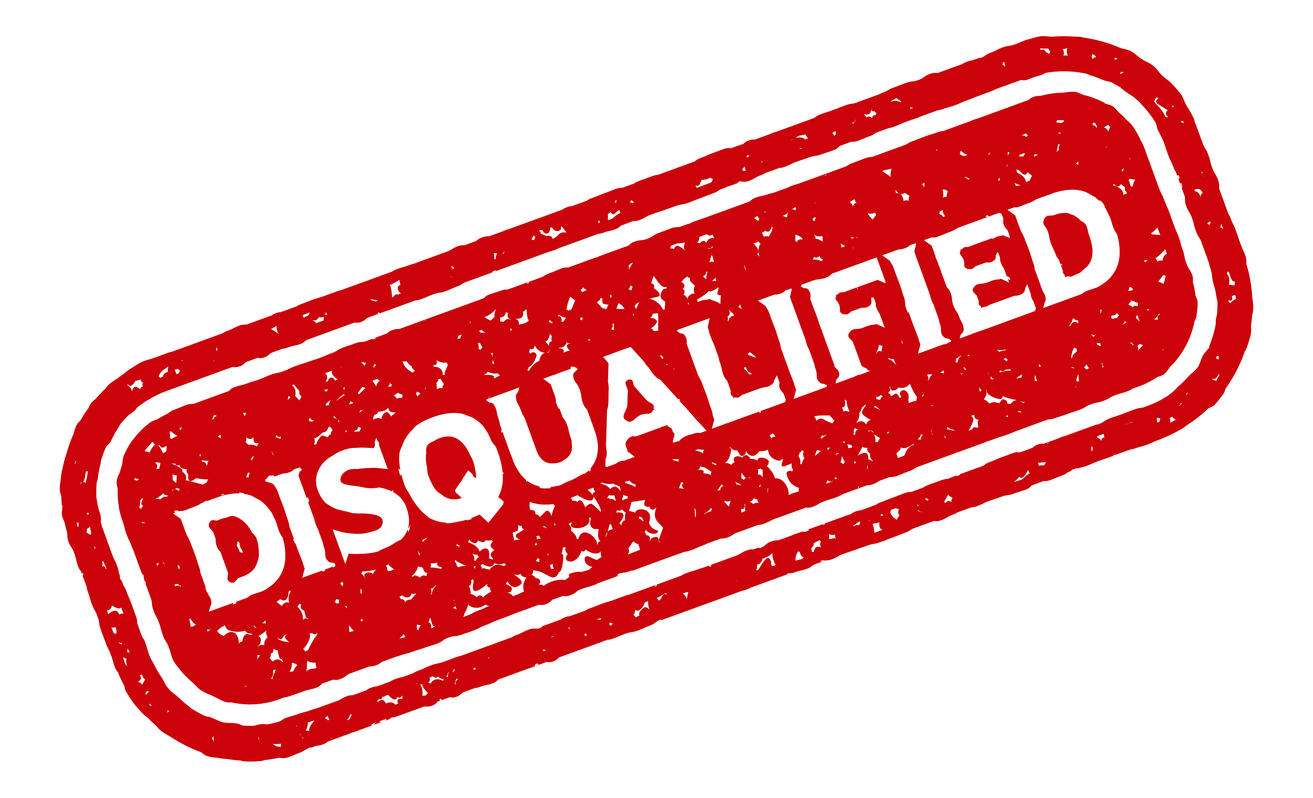Section 542.058 of the Texas Insurance Code states that “if an insurer, after receiving all items, statements, and forms reasonably requested and required … delays payment of the claim for a period exceeding the period specified by other applicable statutes or, if other statutes do not specify a period, for more than 60 days, the insurer shall pay damages and other items as provided by Section 542.060." This typically means that if an insurer – after the insured has submitted everything the insurer has reasonably requested – agrees to pay a claim and delays doing so, it could be subject to penalty interest and attorney’s fees. However, what happens when an insurer – after having received all reasonably requested information from the insured – initially denies a claim, but later realizes it was wrong and provides coverage? Does the Prompt Payment statute apply?
In Encompass Office Solutions, Inc. v. Ingenix, Inc., et al., 775 F.Supp.2d 938 (E.D. Texas 2011), the insurer submitted payment to the insured, but only after first denying the claim. The insurer in Encompass argued that “[the insured’s] claim under § 542.058 should be dismissed because that provision applies only when an insurer has delayed payment of a claim, but not when an insurer has denied payment.” Id. at 964. The Court summarized the insurer’s argument thusly, “[i]n other words, the Defendants appear to argue that, unlike what has occurred in this case, § 542.058 applies only when the insurer has not already refused to pay a claim."
Was this a correct interpretation of the Texas Prompt Payment statute, that it does not apply when an insurer eventually pays, even if the claim was initially denied?
Fortunately, the Court in Encompass disagreed with the insurer’s argument. “A wrongful rejection of a claim may be considered a delay in payment for purposes of [§ 542.058].’ Encompass, 775 F.Supp. at 965. In support of its position, the Court cited the Texas case of United Services Auto. Ass’n v. Croft, 175 S.W.3d 457, 474 (Tex.App.—Dallas 2005, no pet.). In United Services Auto, the court held that that “[w]hen an insurance company denies a claim, it runs the risk that its decision may be wrong and subject it to liability [for failure to promptly pay]”. The Court in Encompass ultimately concluded that “Encompass ha[d] sufficiently alleged that its claims were wrongfully rejected” and denied the insurer’s motion to dismiss the insured’s Prompt Payment claim.
Inherent in every insurer’s determination to deny a claim is the possibility that the insurer was wrong. What that means is every time an insurer denies a claim, “it runs the risk that its decision may be wrong,” which would potentially subject it to Texas Prompt Payment statute. However, this only applies if it is later determined that the insurer was wrong to deny a claim. If the insurer is found to have been correct in denying a claim, the prompt payment penalty will not apply.



